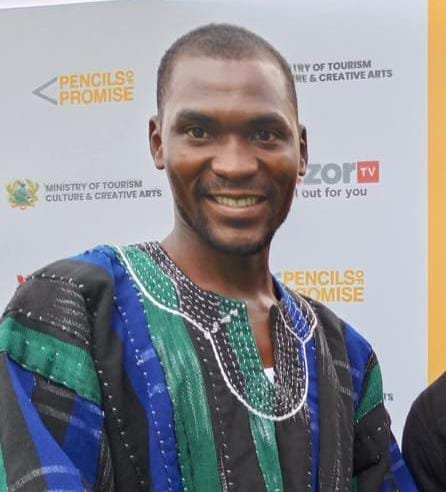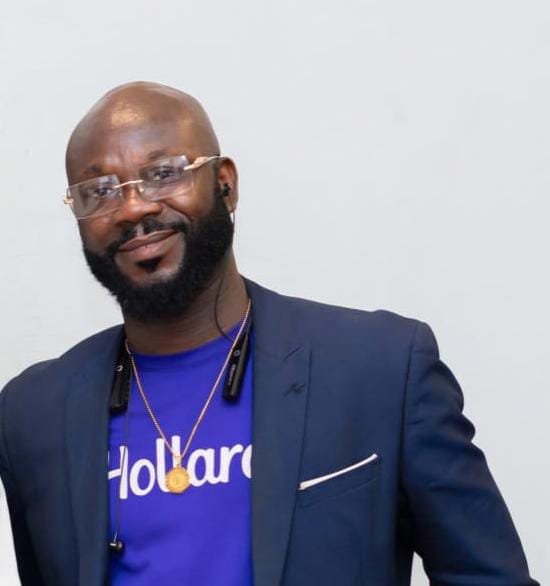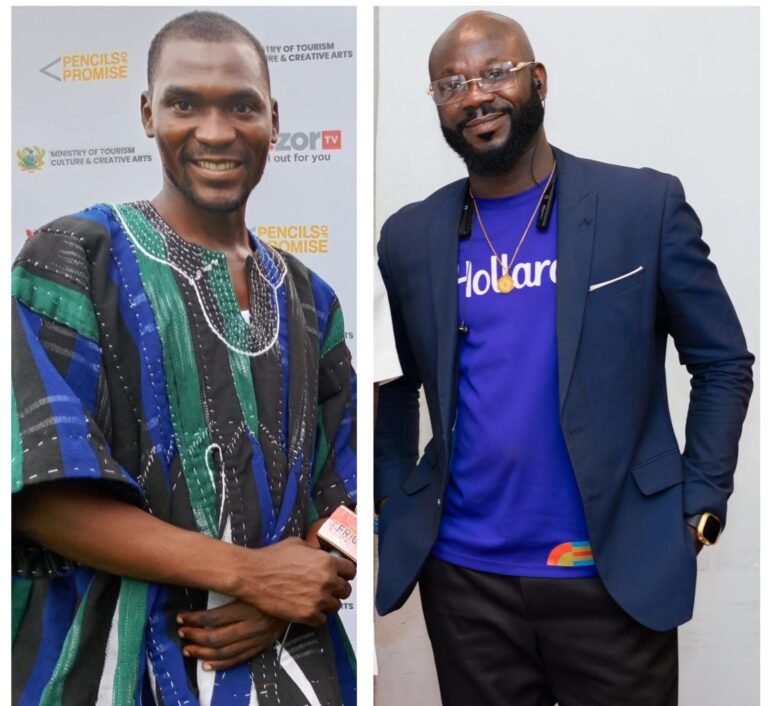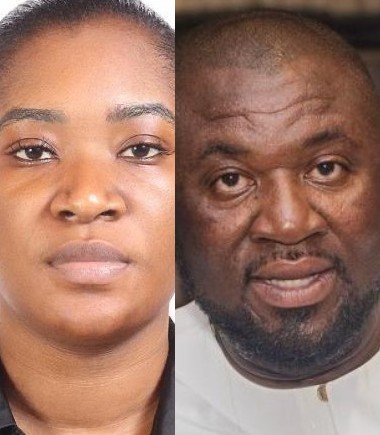
Vice-President Mahamudu Bawumia says the Akufo-Addo government is undertaking a radical reform in Ghana’s education sector to prepare the population and economy to fully participate in the Fourth Industrial Revolution.
According to Dr Bawumia, the reform is underpinned by a greater focus on Science, Technology, Engineering and Mathematics (STEM), with the overall aim of repositioning the entire educational system to produce a critical mass of assertive and empowered Ghanaian equipped with the relevant skills for socio-economic transformation.
Dr Bawumia said this at the weekend during the launch of the 70th anniversary celebration of Tamale Senior High School.
He stated that the President’s vision of producing well-equipped, rounded Ghanaians has resulted in one of the most fundamental reforms in the school system to be carried out in this country.
STEM
“The reform programme is anchored on interventions that will leverage Science, Technology, Engineering and Mathematics (STEM) to prepare our population and national economy to become active participants in the Fourth Industrial Revolution.
“The reason is simple: a strong national STEM programme will develop learners with 21st century skills (i.e. creativity, critical thinking, communication and collaboration) required to drive the country into economic prosperity beyond aid,” Dr Bawumia said.
The Vice-President mentioned that the focus on STEM is starting at the basic level with a B-STEM (Basic STEM) programme under which essential equipment, including robotics kits, electronics, computers, promethean boards, projectors, among others, are to be provided.
In addition, he disclosed, the Ministry of Education is in the process of setting up 11 model state-of-the-art, never-before-seen STEM Senior High Schools across the country, each of which shall be equipped with 12 laboratories that can rival any such school anywhere in the world,” he pledged.
“I am also happy to announce that, as part of the plan, a STEM pathway will be established in some existing Senior High Schools, which will benefit from additional four laboratories and Tamale Senior High School (TAMASCO) will be one of them,” he assured.
The Vice-President said lessons had been learnt from the history of educational deprivation in northern Ghana, where the effects of a lack of access to secondary education laid the foundation for the development gap between the north and the south.
“Thus, Government is determined to provide access to every Ghanaian child wherever they may be in order to create a level playing field and bridge the gap,” he reiterated.
TAMASCO @ 70
Dr Bawumia, who is a member of the 1980 Year Group of TAMASCO, praised early politicians from the north who recognized the importance of education and through the Northern People’s Party advocated more access to education and significantly influenced the 1961 Education Act to be more sensitive towards the north.
“Seventy years of secondary education has improved human quality, equipped beneficiaries with much knowledge and skills which in turn have improved the ability to analyze, appreciate, assimilate, socialize with others as well as opened better avenues for employment. Ultimately, these have helped to minimize poverty,” he said.
The establishment in 1951 of the then Government Secondary School in the northern territories created the opportunity for students of northern Ghana to, for the first time, access secondary education in northern Ghana, 75 years after secondary education was introduced in southern Ghana.
This created access for people living in and around areas such as the upper part of the then Brong-Ahafo Region, the northern part of the Volta Region, now Oti Region, the Northern Region which then included the newly created regions of Savanna and North East, and the Upper Region, now Upper East and Upper West Regions.
After 70 years , Tamale Secondary School, affectionately called the ‘Northern Light’, has produced several illustrious sons and daughters, including a president of the Republic, two vice-presidents, two Supreme Court justices, an Inspector General of Police (IGP), two Chiefs of Defence Staff (CDS) as well as a Speaker of Parliament.







